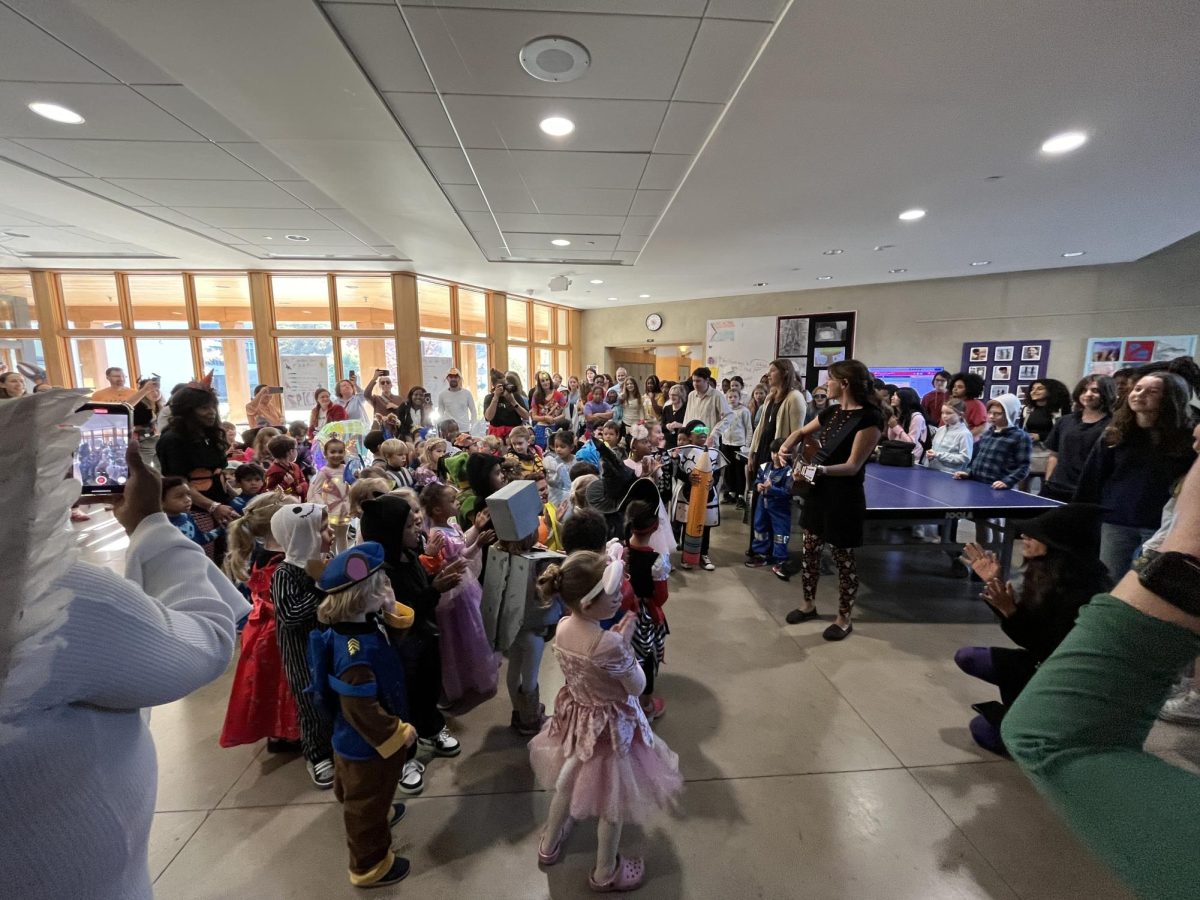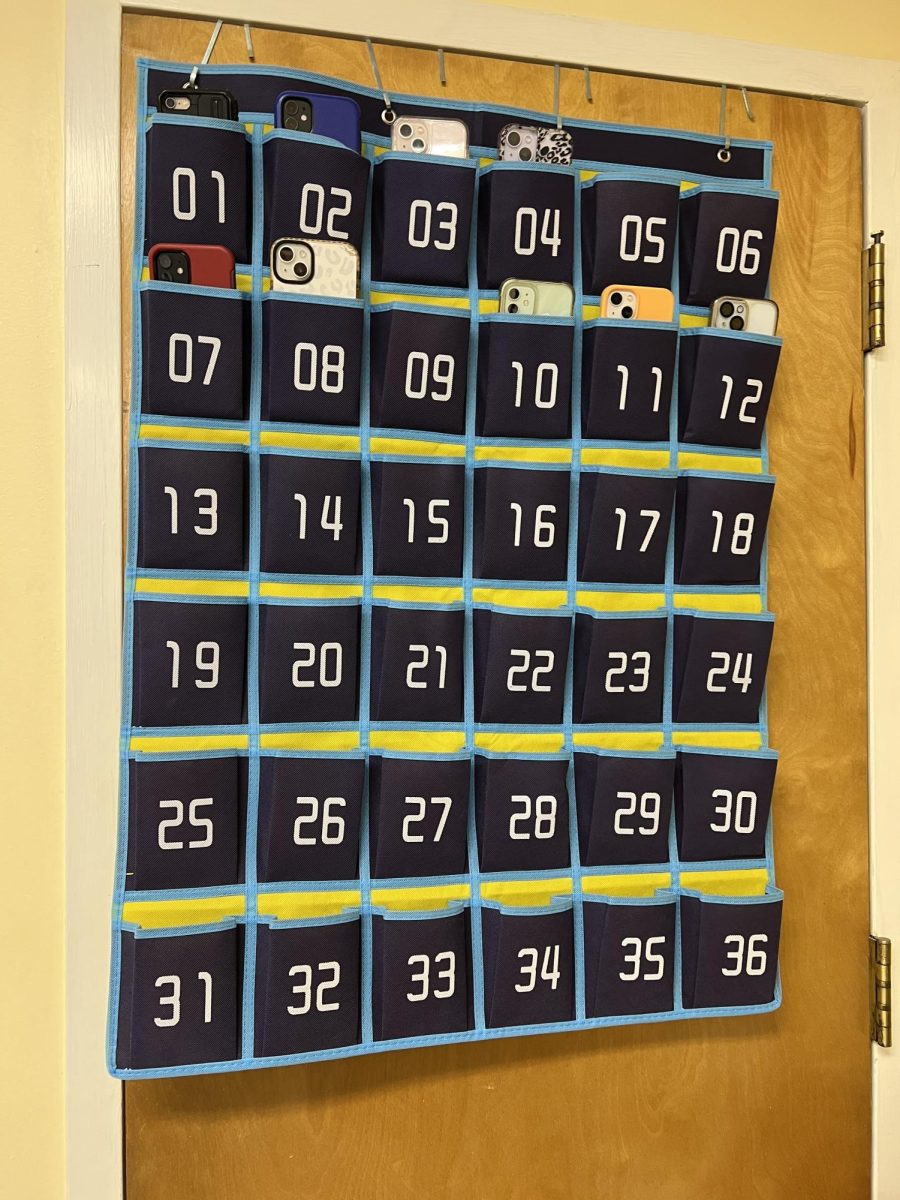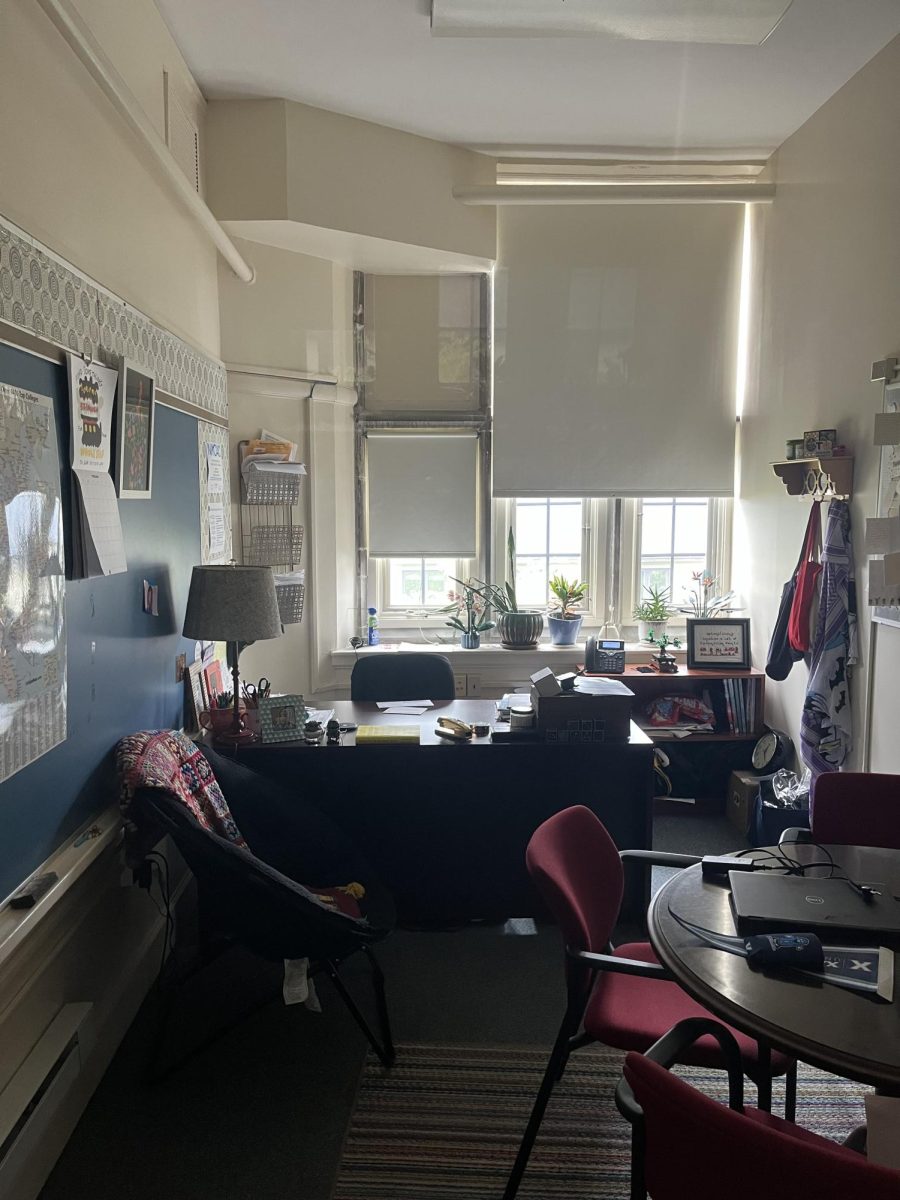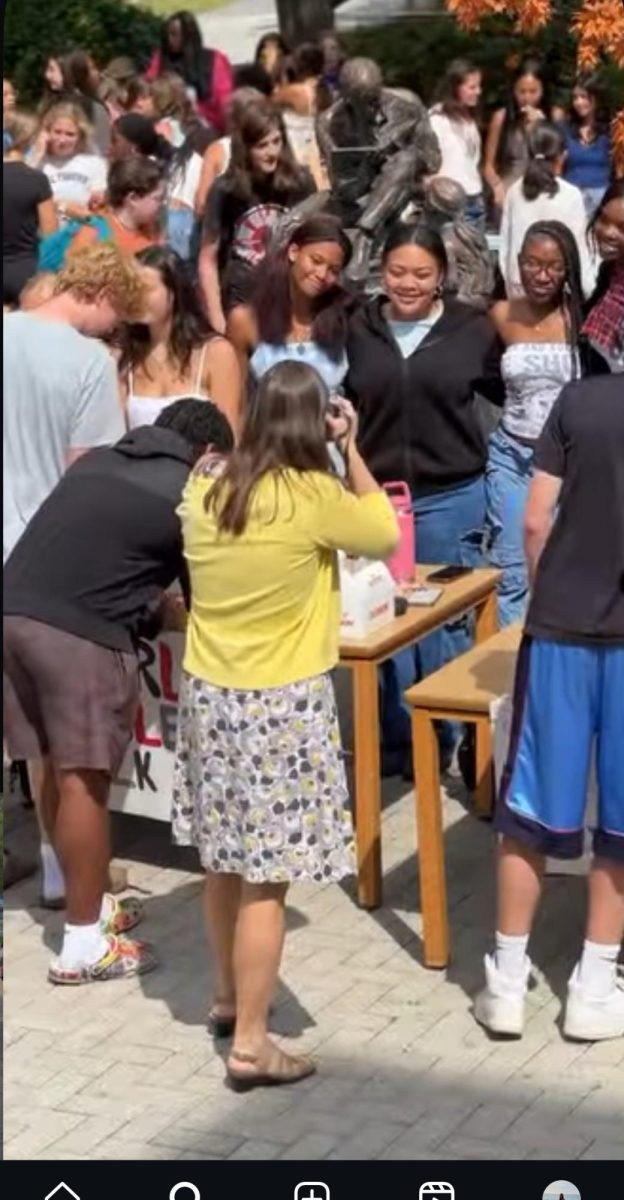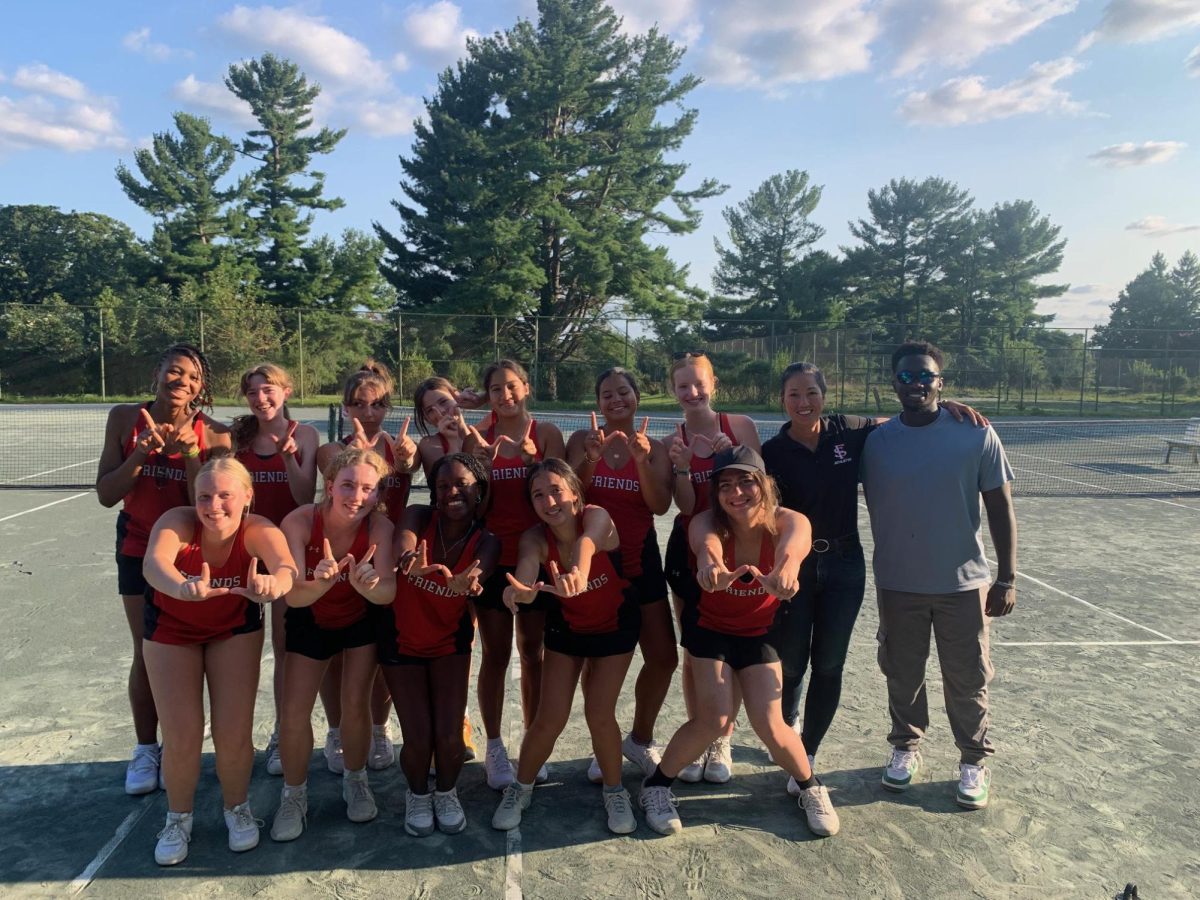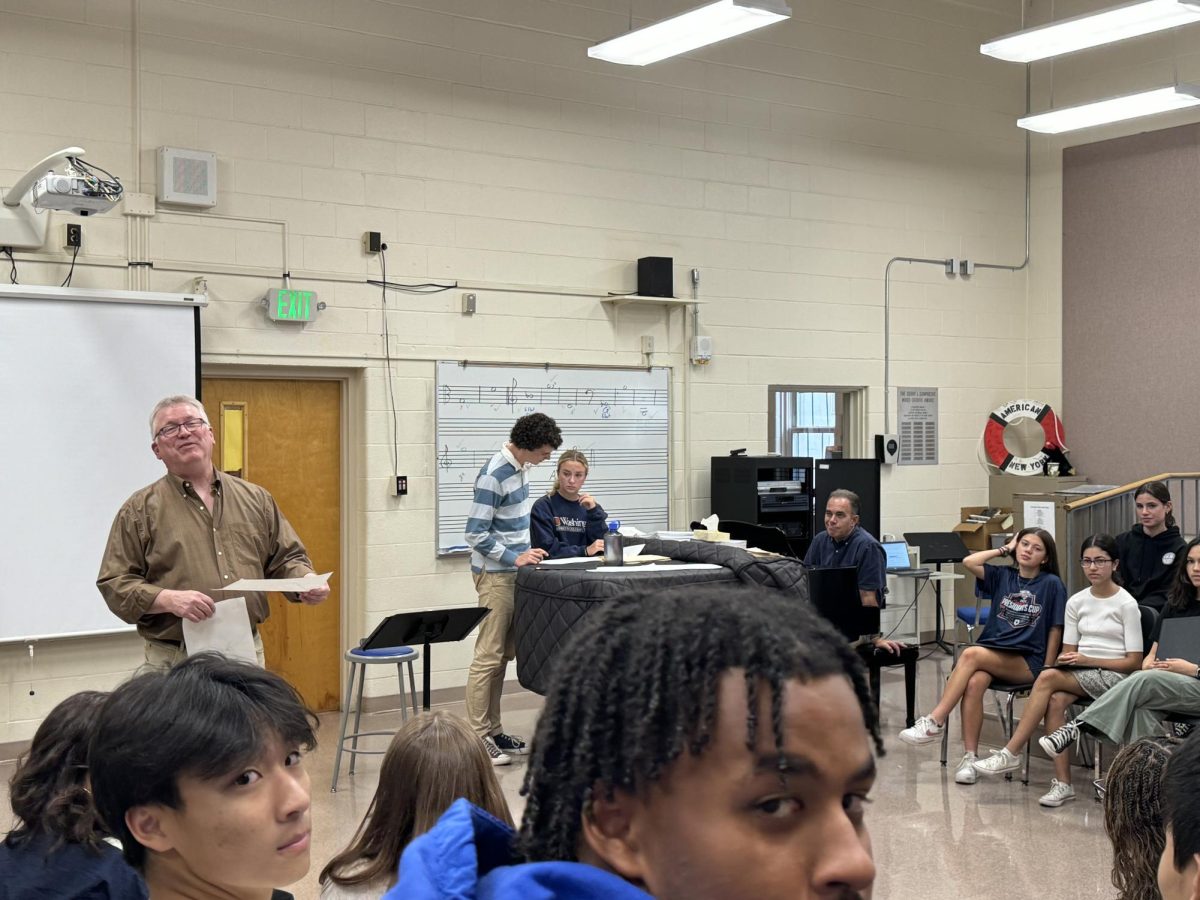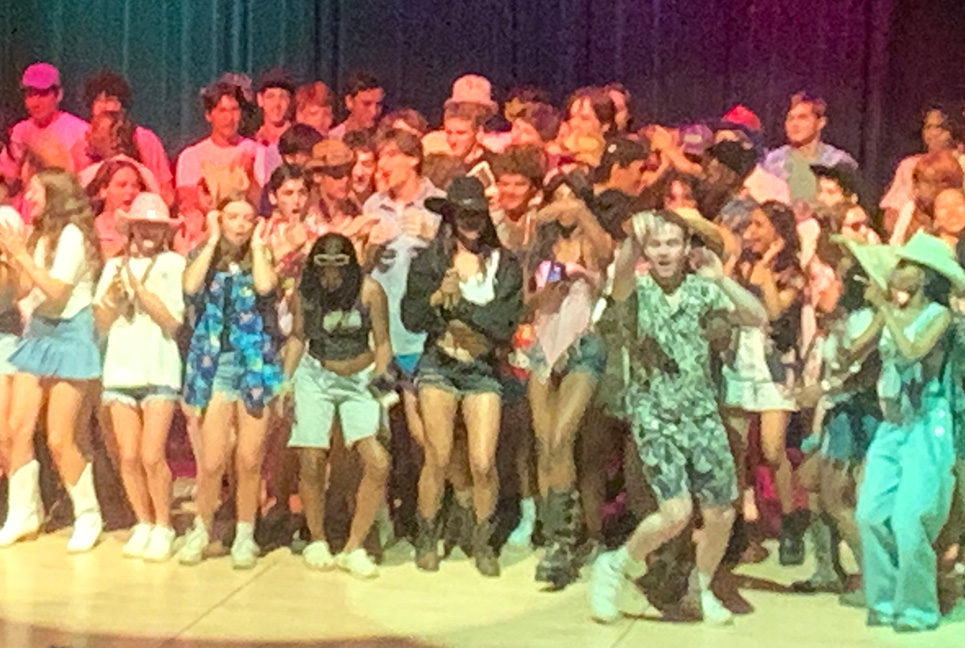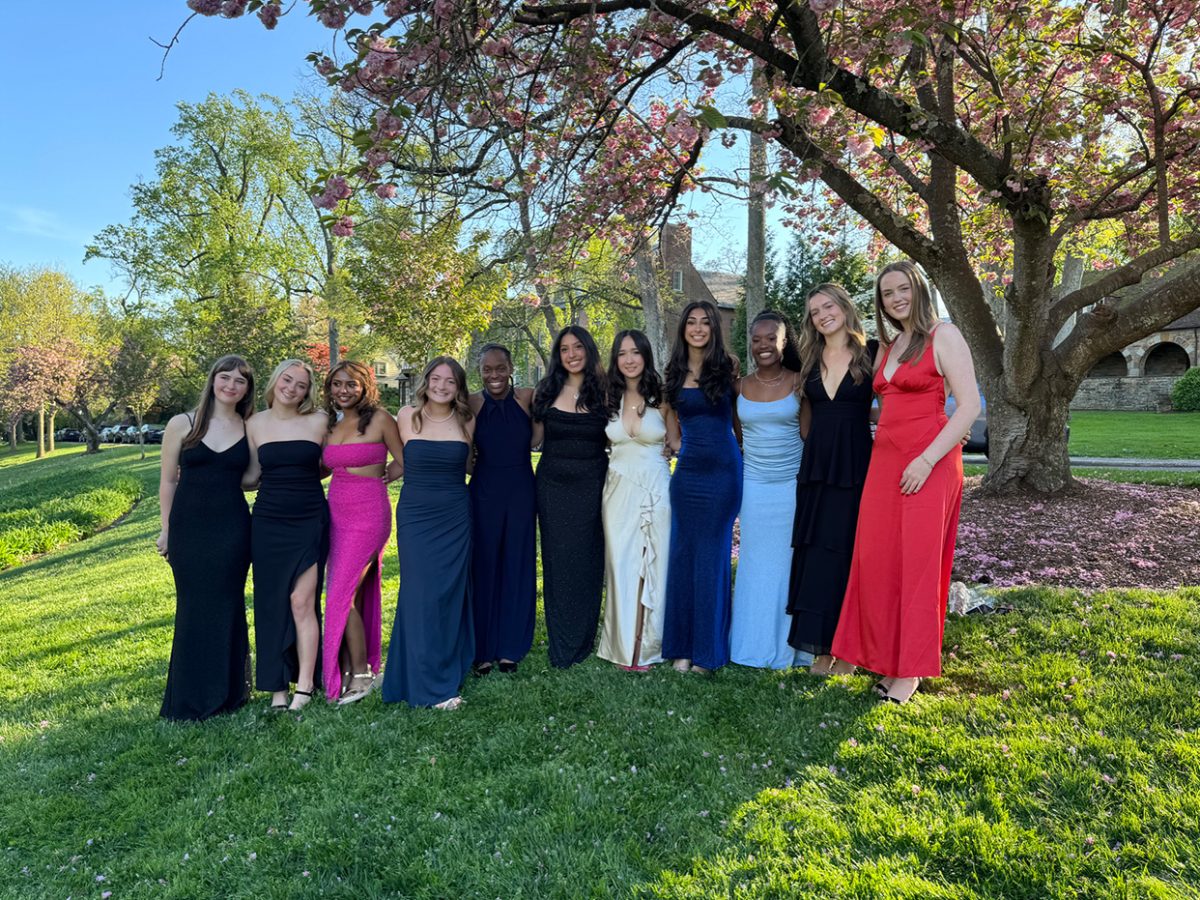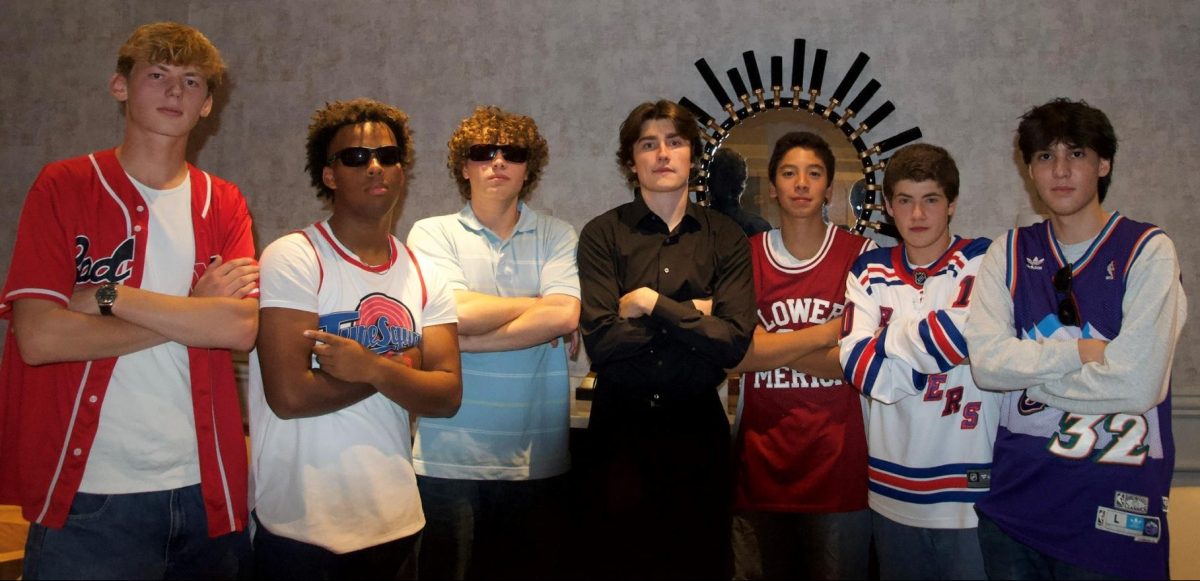What Underclassmen Can Learn From Meeting: A Senior Reflection
Recently, I saw a display of disrespect in Meeting for Worship that really shocked me.
Stony Run Friends Meetinghouse, on the Friends campus
February 10, 2020
Recently I saw a display of disrespect in Meeting for Worship that really shocked me. Groups of underclassmen laughed at people who stood to speak, dozens of people cracked their knuckles or clicked their tongues, and people whispered, disturbing the silence. I thought behavior like that faded with maturity. In my 13 years at Friends, calm reflection has never been more absent.
Since I’ve been at Friends since Kindergarten, I have had more Meeting for Worships than I can count. To be transparent, I have taken advantage of this opportunity but in the past year I’ve come to appreciate it. It’s important to understand that those of us who do not religiously identify as a Quaker are still able to understand and practice these ways, or at least treat them with respect.
In Lower School, my friends and I would try and make each other laugh from opposite sides of the room. As an energetic little kid, sitting during a time that required me to be still and quiet was challenging. I attribute my behavior to not knowing how to cope with the time I have been given.
“I do think that younger students tend to think it is not as fun because they don’t really understand it,” Julia Parker (‘20) says of Meeting. She says it is up to us upper-class students to be the role models that exemplify good behavior.
As a senior facing the combined stress of college, schoolwork, and sports, relaxation and silence often seem out of reach. But, they’re not. They’re given to us every day one and six. However, these days, students and faculty are unable to use this time to their satisfaction.
“I like Meeting for Worship because I just get to sit there and think about life,” says lifer and current senior Morgan Moore, who does not identify as a Quaker. “You don’t really get time to do that in real life, because you are always worried about the next thing. That can really damage you if you are not able to do that.”
Of course, upper-class students have had more time to define what Meeting for Worship means to them, and to grow to appreciate it. But Junior Izzy Paff, who also does not identify as a Quaker, offers another perspective as a newer student who came in Sophomore year.
“My initial thoughts were that it was odd,” Izzy says. She wondered: “Why are people sitting silently in a room?” She continued to say, “Then I really got a greater appreciation for what it means and how it really clears your head. You appreciate the world in a new way. You get to reflect.”
Like me, Izzy went through a period of not knowing how to use Meeting time responsibly, and uncertainty about what the purpose was. Sometimes she was disruptive.
Looking back on that time, Izzy says: “I personally did these things Sophomore year because I didn’t know what was going on. I think that Meeting for Worship can always be explained better to new students.”
Even though it’s clear that people need time to process what Meeting means to them, and people may not understand right away, we have to recognize the increase in disrespectful behavior this year.
Julia says this disrespect affects her experience of Meeting profoundly.
“People laughing and making obnoxious noises for the sake of doing it to make their friends laugh, makes me really, really mad,” she says. “People just don’t seem to understand that even if it does not matter to them, it matters a lot to other people.”
Recently, she even had that disrespect directed at her.
“One time I had people make fun of me in the auditorium. They were mimicking me and kicking my seat,” Julia remembers. “It made me really upset because having this happen in a time that I think is really sacred, is extra horrible.”
Of the many students at Friends, the number of students and faculty that identify as Quaker is significantly less than the number of students who do not. Due to this unbalanced ratio, some students feel as if Friends School is forcing Quakerism on its students and faculty.
Julia disagrees.
“I think people at Friends School forget that it is a Quaker school,” she says.
Morgan agrees with Julia, as she points out:
“They are trying to show the benefits of Quakerism while also accommodating for the students who do not identify as Quakers.”
Activism works when individuals are given opportunities to reflect and understand how their behavior is being interpreted. In an attempt to bring attention to this matter, I hope this conversation continues, because as Julia Parker states, “Disrespect in the Quaker meeting can not be accepted because it is detrimental to everyone participating in it – including the people being disrespectful in it.”


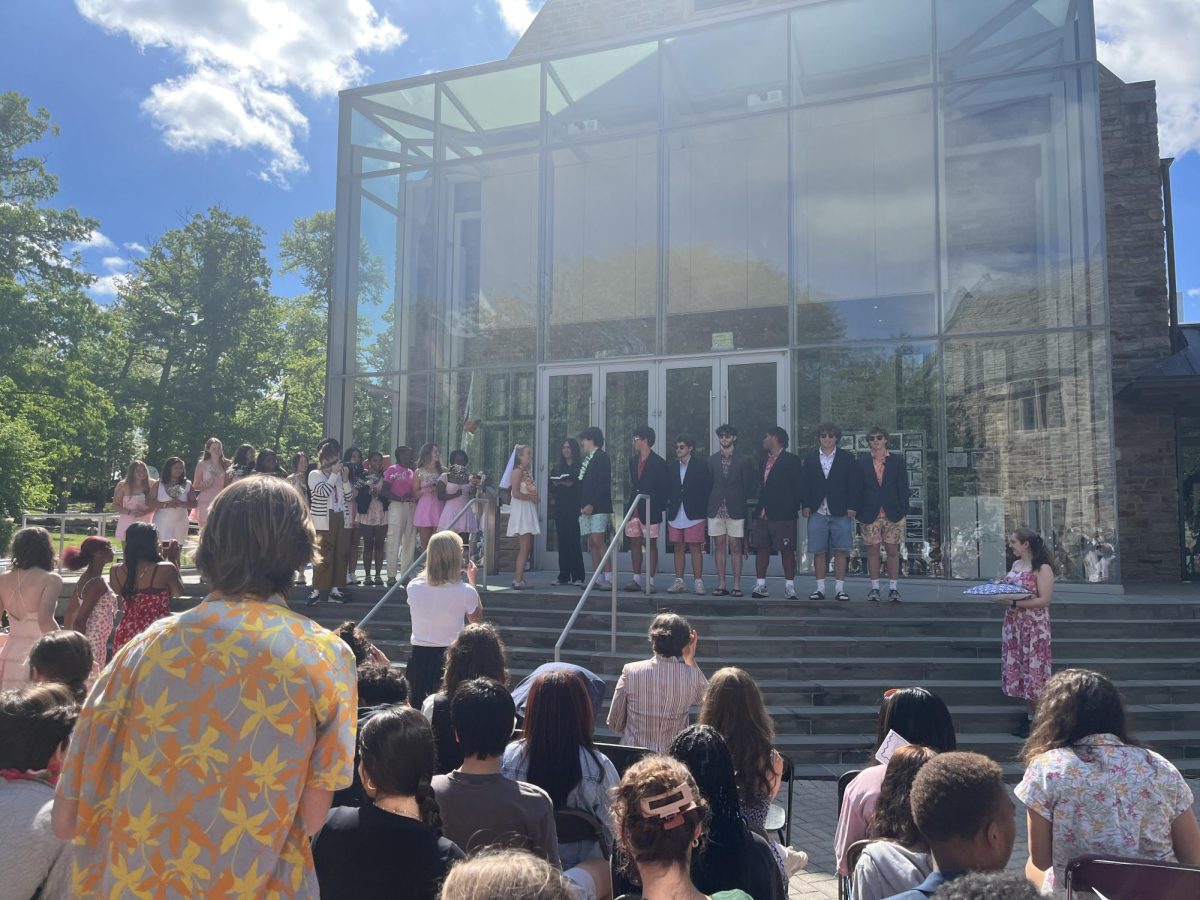
![A Phone Ban at Friends? [Podcast]](https://thequakerquill.org/wp-content/uploads/2025/05/magenta-VrRT19_ZjUY-unsplash-1200x900.jpg)
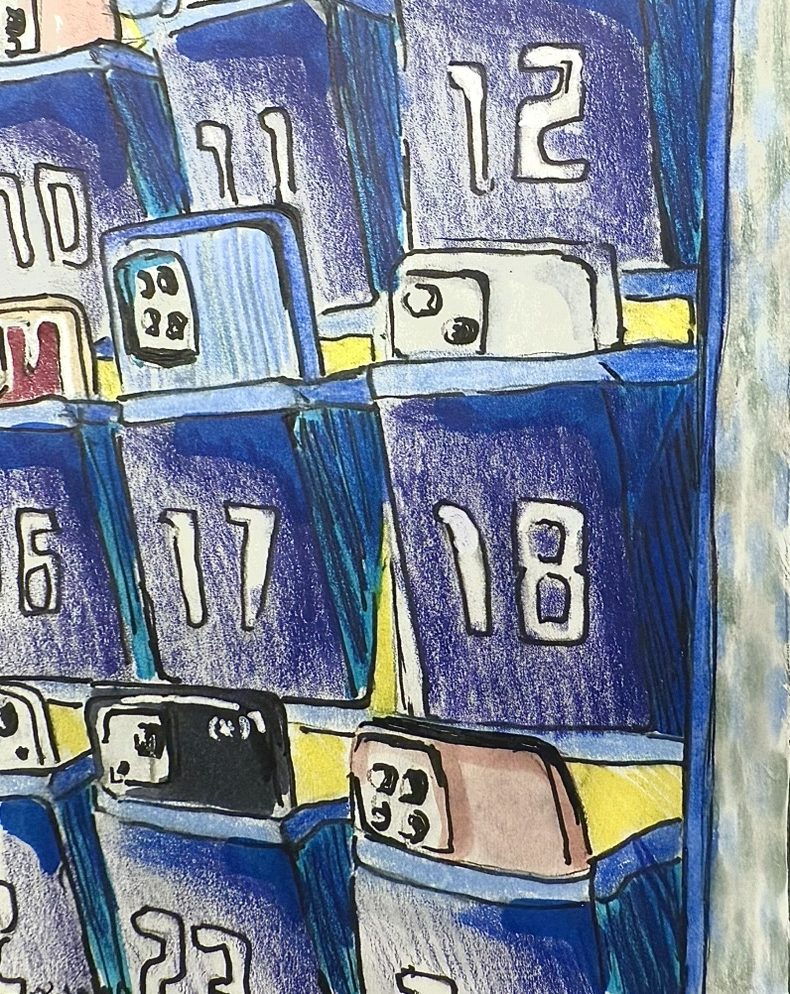




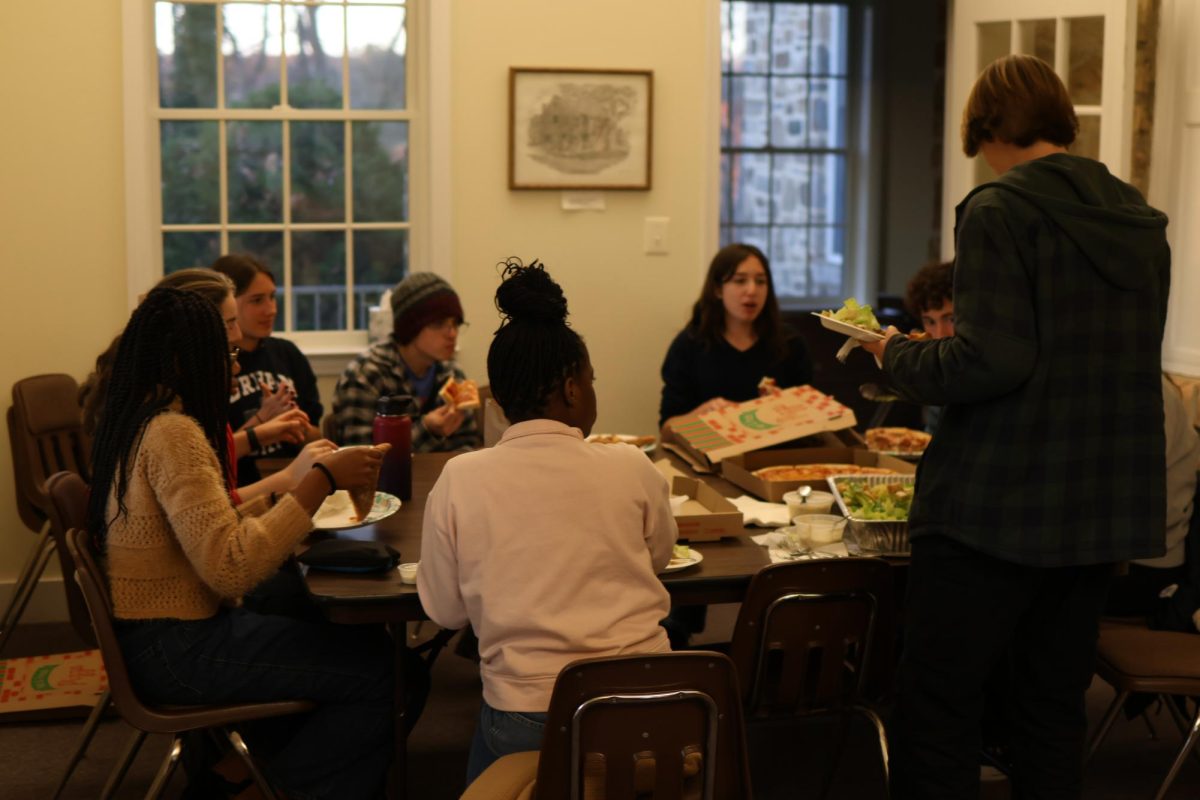

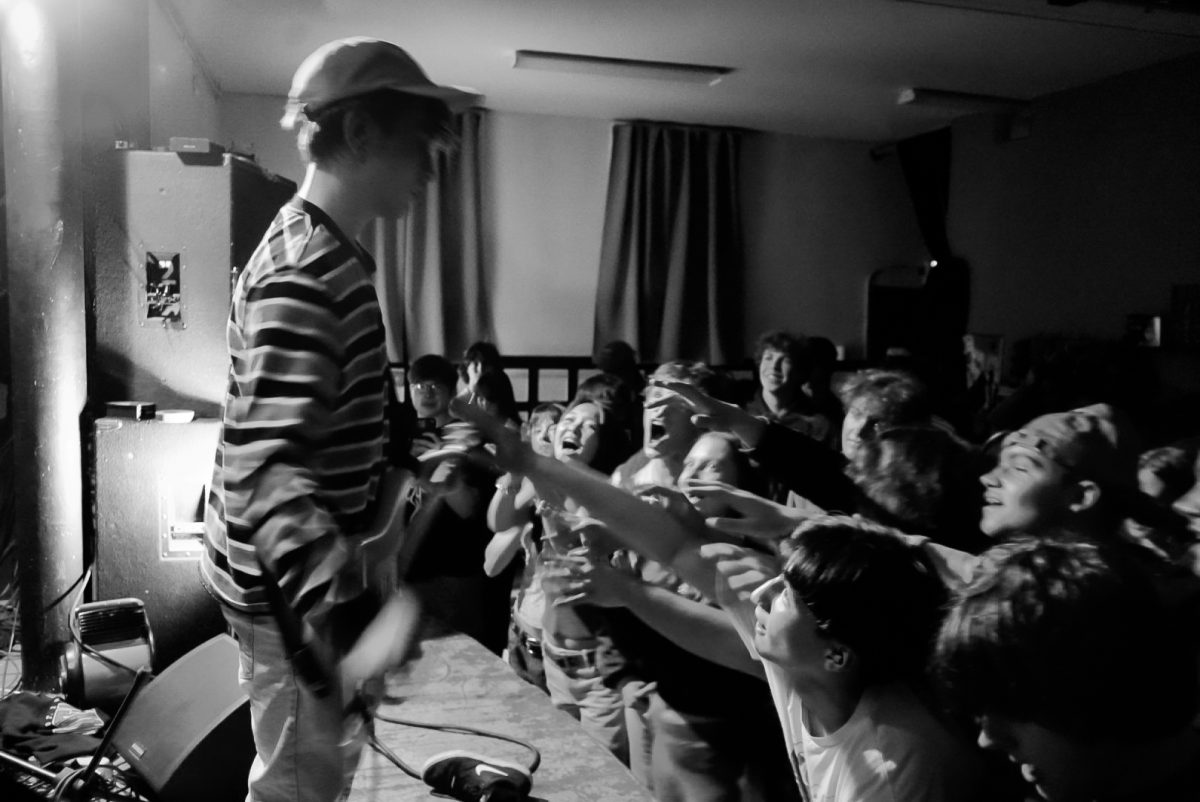

![How Freestyle Club Began [Podcast]](https://thequakerquill.org/wp-content/uploads/2025/05/charly-alvarez-Jv9untmB7G4-unsplash-1200x800.jpg)
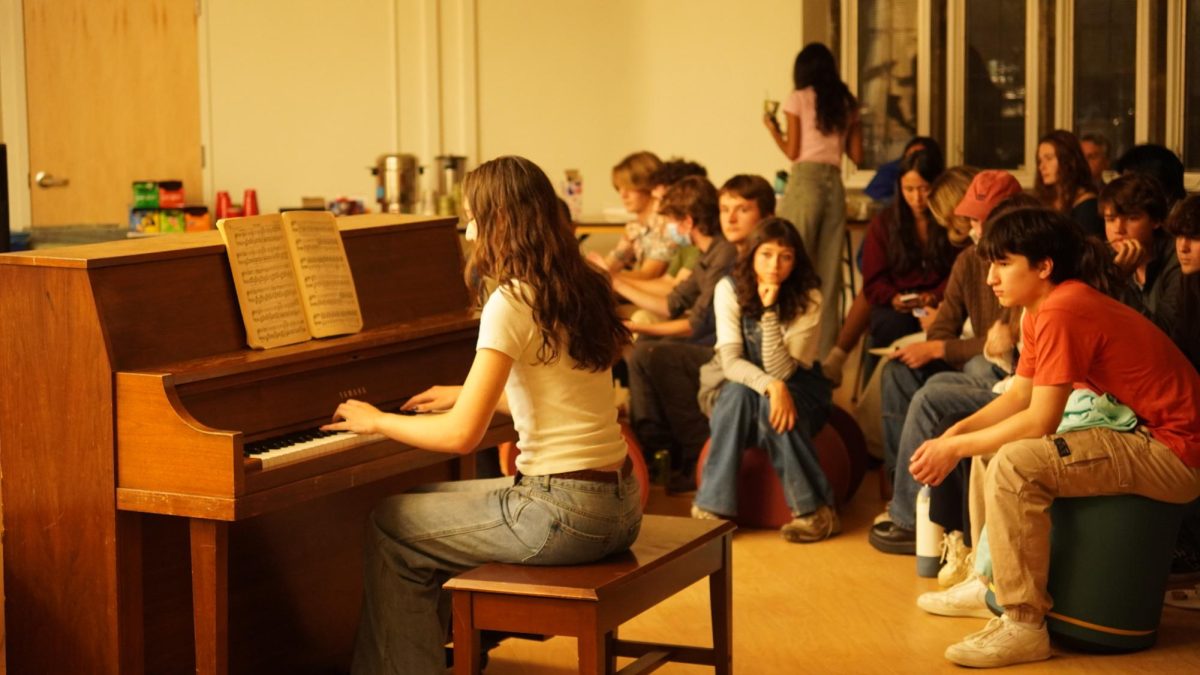
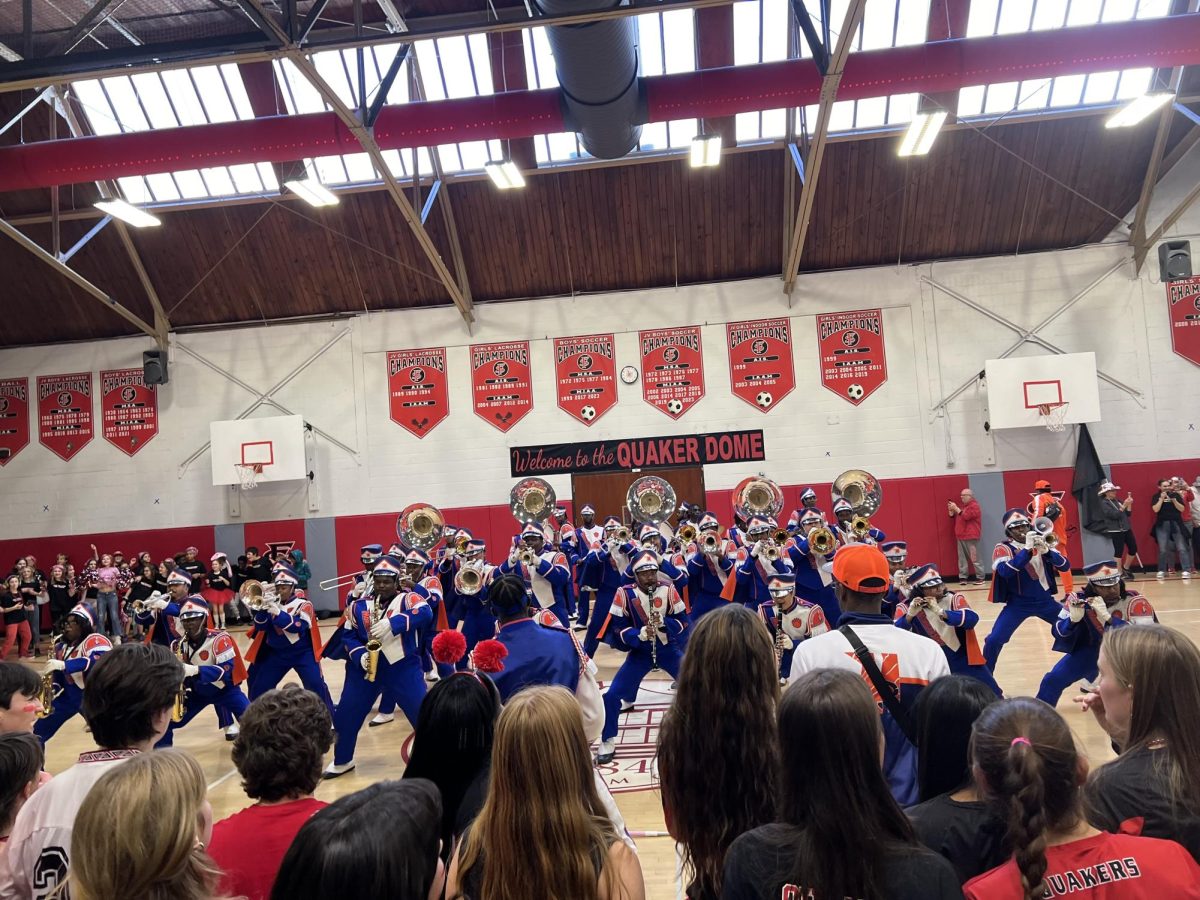
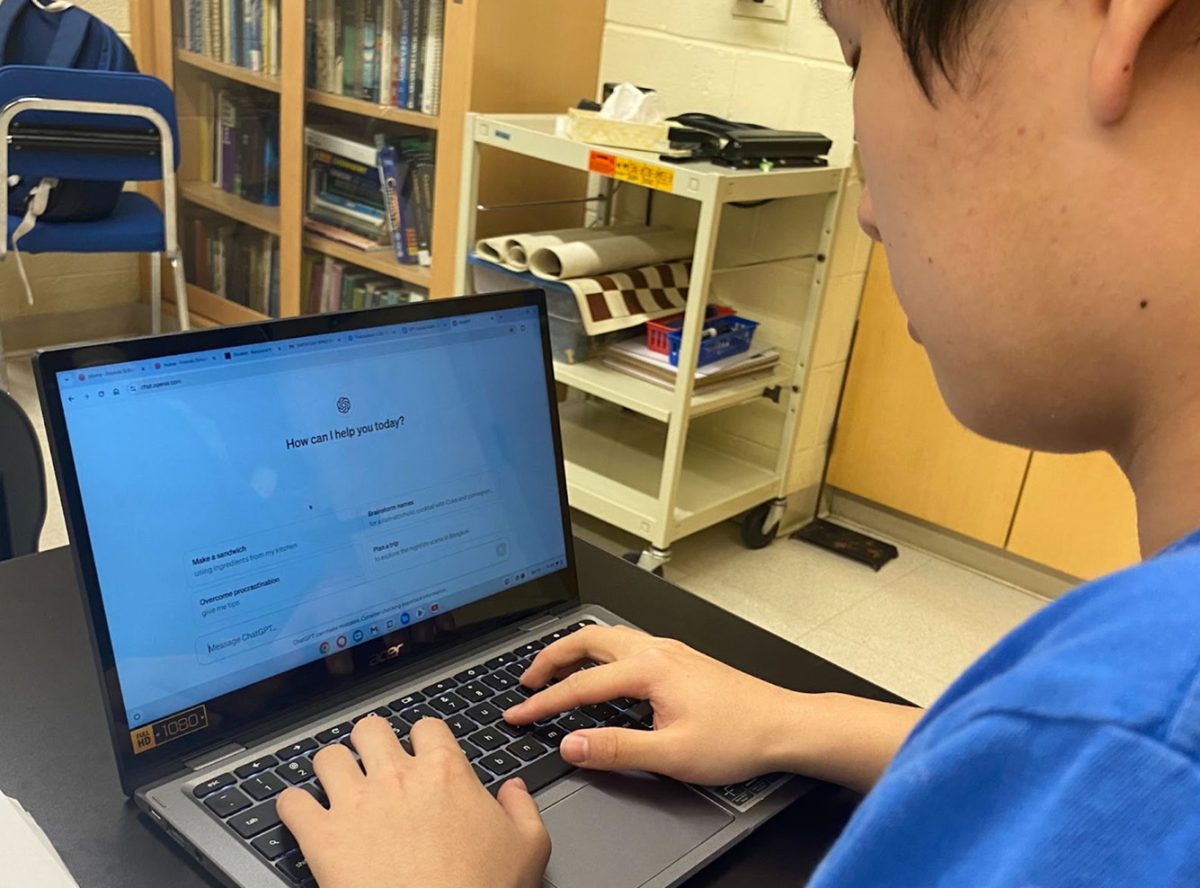




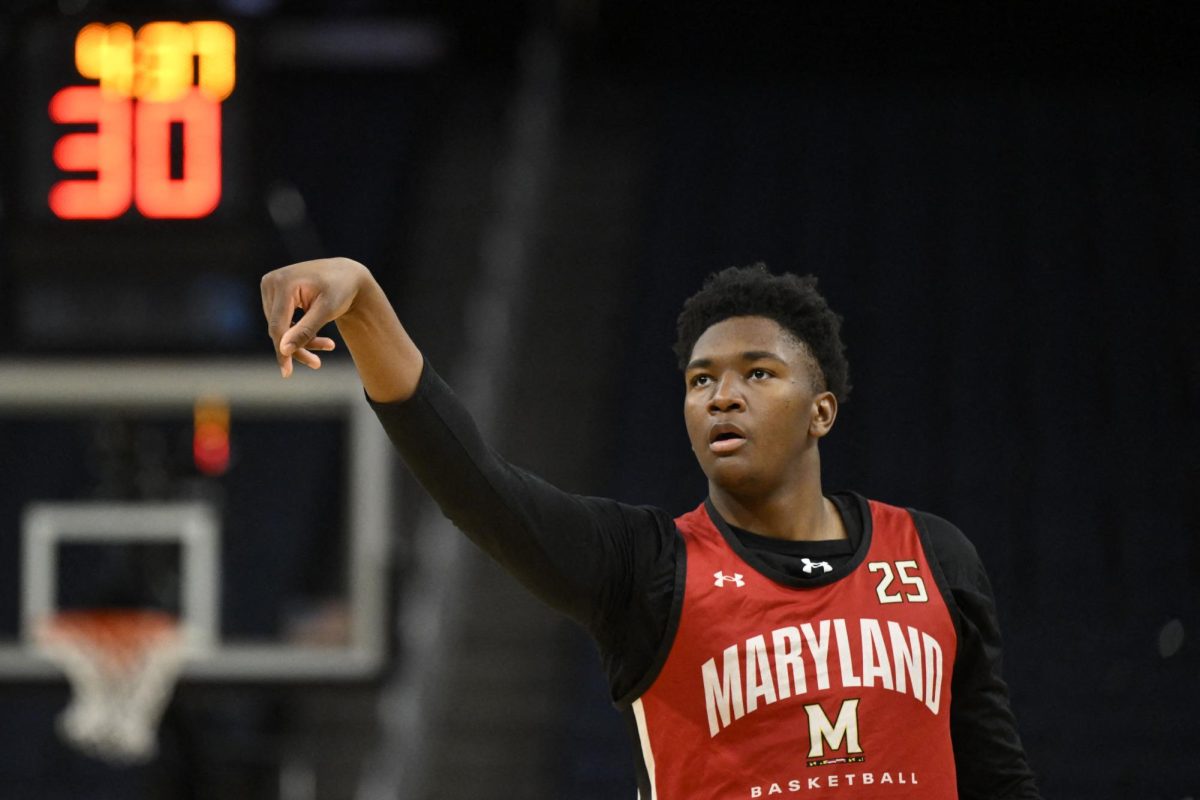
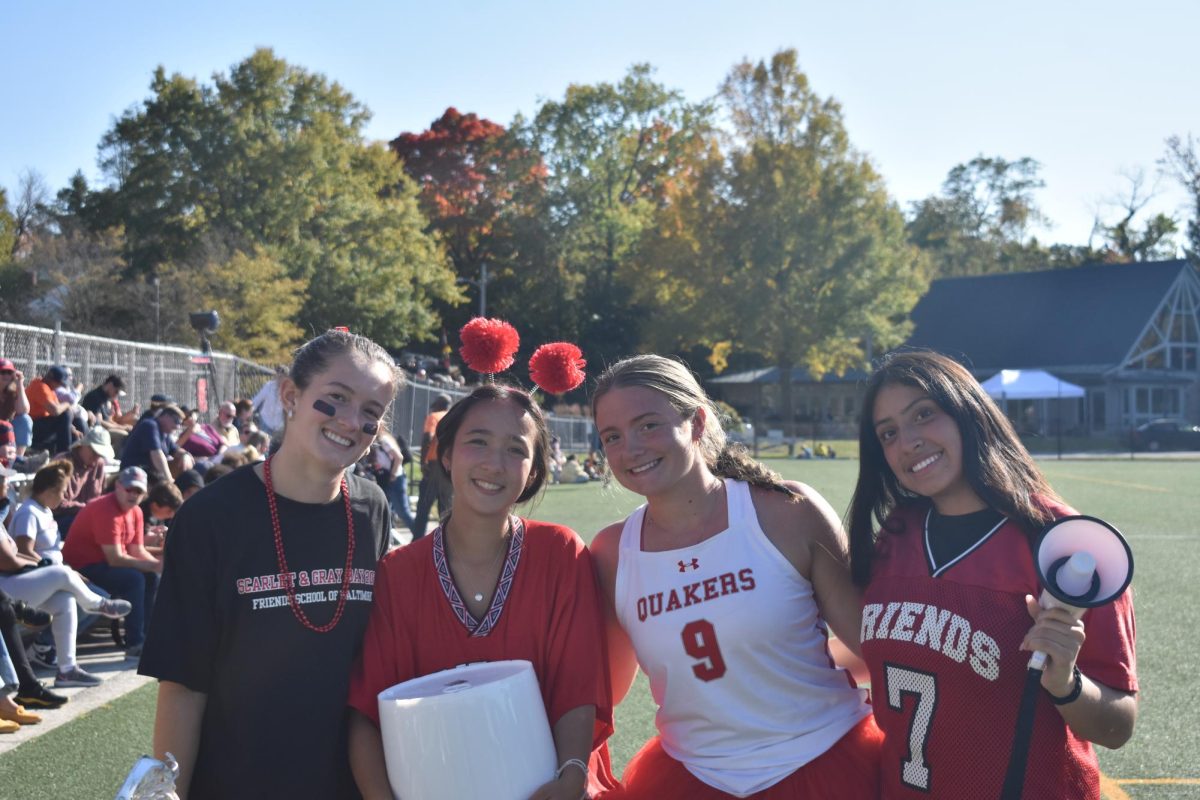
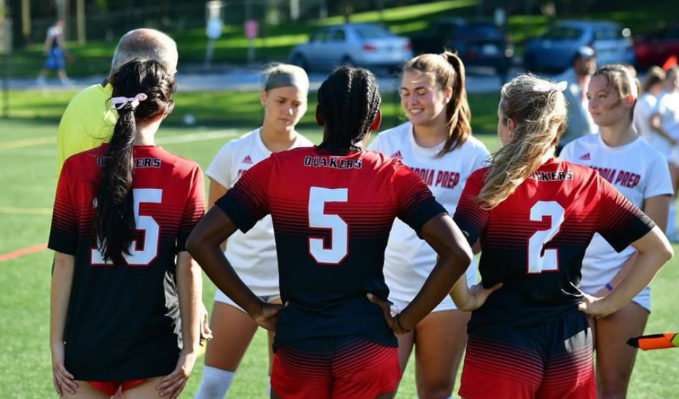








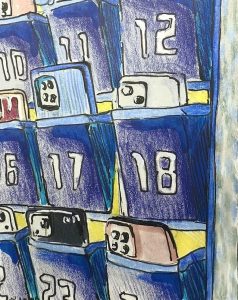

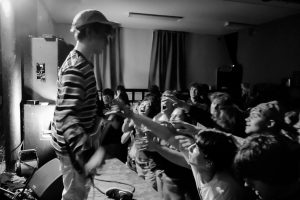





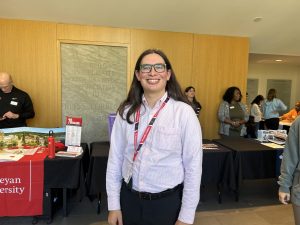
![A Phone Ban at Friends? [Podcast]](https://thequakerquill.org/wp-content/uploads/2025/05/magenta-VrRT19_ZjUY-unsplash-300x225.jpg)
